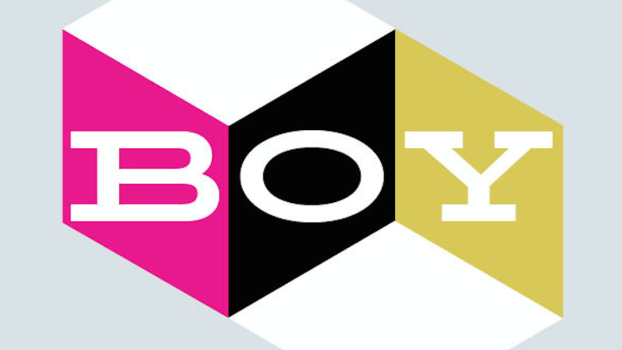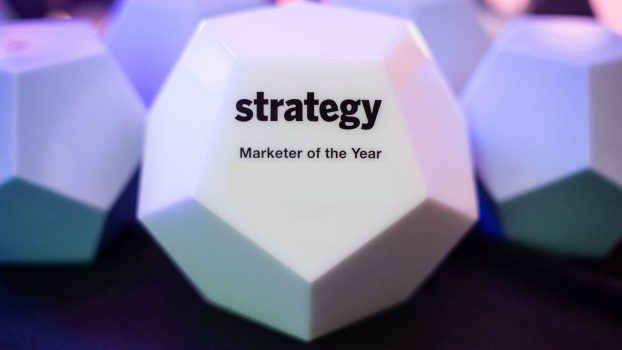
In this series, we ask top industry execs and marketers across the country about their biggest fears and concerns. What is giving top marketers fitful sleeps? This week, we caught up with Rachel MacAdam, Skip’s vice president of marketing. MacAdam leads Canadian marketing and is part of the global marketing leadership team for parent, JustEatTakeaway.
What’s keeping you up at night these days?
It’s interesting. I’ve been at Skip for a year and a half, and what has always been top of mind, and a challenge to address, was how do you break through in a really transactional category? That’s something that has certainly been on my mind… how does Skip build and deliver loyalty to customers in that category where so much of it has been driven by deep discounting and vouchers?
If you look at a lot of the data, there’s a lot of migration between apps. I’m sure you’ve got multiple delivery apps on your phone, and the question is, how do you become the preferred app for Canadians, and how do you break through in a way that is differentiated?
And so that’s really been something that we’ve been laser focused on over the last year. And hopefully you see that reflected in the new brand that we launched and the new Skip+ [loyalty] offering that we’ve introduced as well. Skip is a Canadian brand that is competing against some global behemoths, and we needed to take a radically different approach to building brand affinity, brand awareness, brand love, and then not just launch it as a brand promise, but make sure we deliver on it as well, which is why we then quickly followed our brand launch with the Skip+ launch.
Speaking of loyalty, how do you hope to combat loyalty program dissatisfaction and potentially app fatigue too?
That’s a great question. You could look at the fact that we are third-to-market in our subscription offering as a headwind, but we really took that as a huge benefit and as an opportunity. We had the benefit of sitting back and taking a look at what is in market today, what is it addressing for consumers and for Canadians, and where’s the white space opportunity for us to authentically deliver something different? That was really our guiding light for the development and the design of Skip+ was to say, yes, we need to have the functional price-driven benefits consumers are challenged with, and price is important.
We included what I would call table stakes…which is free delivery and reduced service fees. But we went a step further and said, how do we unlock the opportunity for our Skip+ members to “Skip to the good part” for all the things that they’re passionate about? Our brand promise is, Skip is there to help you skip over the daily frustrations. We call it the “bullshit of the everyday,” the traffic, the cleanups, the parking, all the rest.
We clearly deliver on the passion of Canadians as it relates to food, but Canadians are also passionate about sports and entertainment and travel. So how do we make sure that we can help them skip to the good part of all of those passion points as well? We really believe that the suite of partners that we’ve launched with WestJet and NHL and Live Nation, and our premier partner with CIBC, really delivers on that brand promise of “Skipping to the good part,” not just around food, but around all the areas that Canadians are passionate about.
To what extent AI is playing a role in what you do? And to what extent do you have a horizon line about disruptive potential tech?
We are exploring and testing with more-AI driven automation around the development of our top tiles, where it’s fairly standard, offer, logo, image.
We want our creative resources and our marketing teams to focus less on building standard top tiles and focused more on bigger challenges around promotional concepts and value propositions. So we are leaning into embracing automation where we can offload a lot of the more templated work to free up the capacity for the team to work on more complex, creative problems. That’s certainly something that we’re embracing, and we see a lot of benefit with that.
From a tech perspective, I think our industry in general is a disruptive category. If you were to look at delivery before COVID, the idea of ordering in on a Friday night was sort of a special treat. Over the last few years, what’s really shifted is this idea of delivery being a luxury to really being a necessity. It’s now how families manage the craziness of kids going in different directions to sporting events at night and late night needs for diapers and things like that, where the ability to order and have it conveniently delivered to you in 30 minutes, really is how people are managing the chaos of the everyday…I think you’ll see Skip continue to push the envelope on what we can deliver, how we can remove those points of friction out of the everyday.
What demographics have you resonated with, and which have been a bit of a tougher nut to crack?
We were born and raised in the Prairie provinces. We’ve got great penetration and engagement in the West. Now we’ve got supply in Toronto as an example, exclusive supply with brands like Shake Shack, which really open up Skip to a new consumer base. When we took a look at the brands we were going to partner with, with Skip+, it really was about not just bringing brands that could deliver incremental value to our customers, but could also introduce Skip to a new audience.























